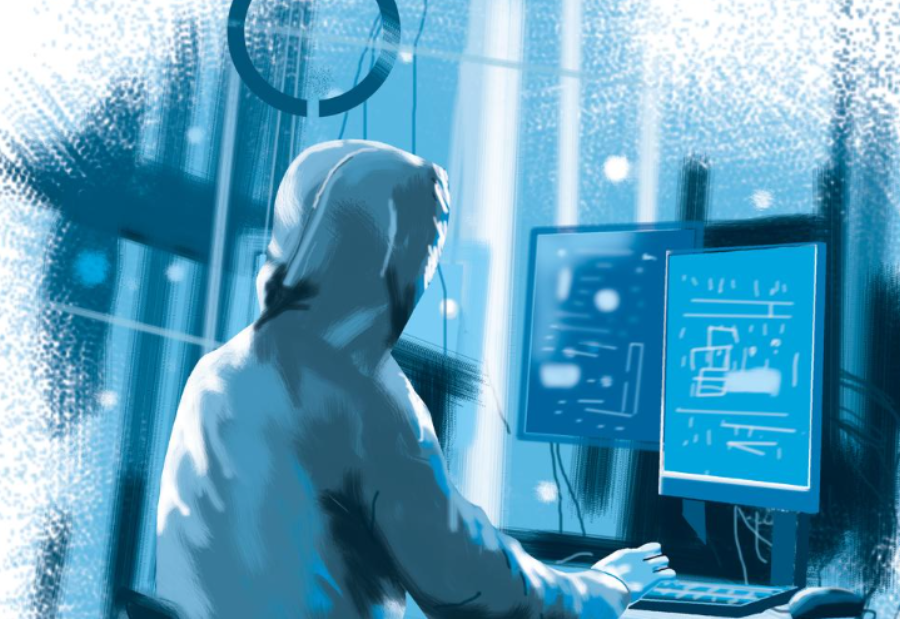In the relentless digital arena where cybercriminals move with lightning speed, every second counts—especially the critical first hour after a scam unfolds. Experts call this the ‘golden hour,’ the fleeting moment when intervention can freeze fraudulent transactions before they disappear into a web of mule accounts and offshore wallets.
India’s 1930 cybercrime helpline, part of the Citizen Financial Cyber Fraud Reporting and Management System, was launched as a national emergency response tool. Yet, beneath its promise lies a serious flaw that undermines its purpose—a flaw painfully experienced by Sainath, a private employee from Hyderabad. During a brief visit to Vijayawada, Andhra Pradesh, he received a distress alert: Rs 18,000 had been withdrawn from his account without permission.
“I was shocked. I didn’t make any transactions,” Sainath shared. He quickly called 1930, expecting immediate help. Instead, the system routed his call to the Andhra Pradesh cybercrime team based on his location at that moment, rather than where his bank was registered or where the fraud originated. The local officers informed him, “You must report this fraud in Telangana,” since that is his home state and the location of his bank.
By the time Sainath returned to Hyderabad and filed a complaint, the golden hour had slipped away. Cybercrime authorities stress the urgency of swift action during this window, where coordination between banks, police, and payment platforms can stop fraudulent transfers and trace cyber footprints. “This is when money still sits in intermediary wallets, waiting to move. Timely alerts can make all the difference,” said a senior cybercrime official.
However, many victims like Sainath find themselves lost in a bureaucratic maze complicated by rigid state boundaries. Calls to 1930 are automatically directed to the state cybercell based on the caller’s location, not where the fraud took place or where their bank is located.
In a country where people travel frequently across states, this setup creates needless delays. “What’s the point of a national helpline if it’s limited by your GPS position?” Sainath questioned. Officials admit jurisdictional limits, poor inter-state coordination, and lack of centralized access to bank data hamper swift responses.
Despite rescuing over Rs 4,386 crore from more than 13 lakh complaints, these system gaps continue to cost victims dearly. “I did everything right, called immediately, but lost money because I was in the wrong place at the wrong time,” Sainath lamented.
Until India’s cybercrime response becomes truly borderless and unified, the golden hour will remain a lost opportunity for many—each moment costing victims their hard-earned rupees.
Also read: Viksit Workforce for a Viksit Bharat
Do Follow: The Mainstream formerly known as CIO News LinkedIn Account | The Mainstream formerly known as CIO News Facebook | The Mainstream formerly known as CIO News Youtube | The Mainstream formerly known as CIO News Twitter |The Mainstream formerly known as CIO News Whatsapp Channel | The Mainstream formerly known as CIO News Instagram
About us:
The Mainstream formerly known as CIO News is a premier platform dedicated to delivering latest news, updates, and insights from the tech industry. With its strong foundation of intellectual property and thought leadership, the platform is well-positioned to stay ahead of the curve and lead conversations about how technology shapes our world. From its early days as CIO News to its rebranding as The Mainstream on November 28, 2024, it has been expanding its global reach, targeting key markets in the Middle East & Africa, ASEAN, the USA, and the UK. The Mainstream is a vision to put technology at the center of every conversation, inspiring professionals and organizations to embrace the future of tech.




